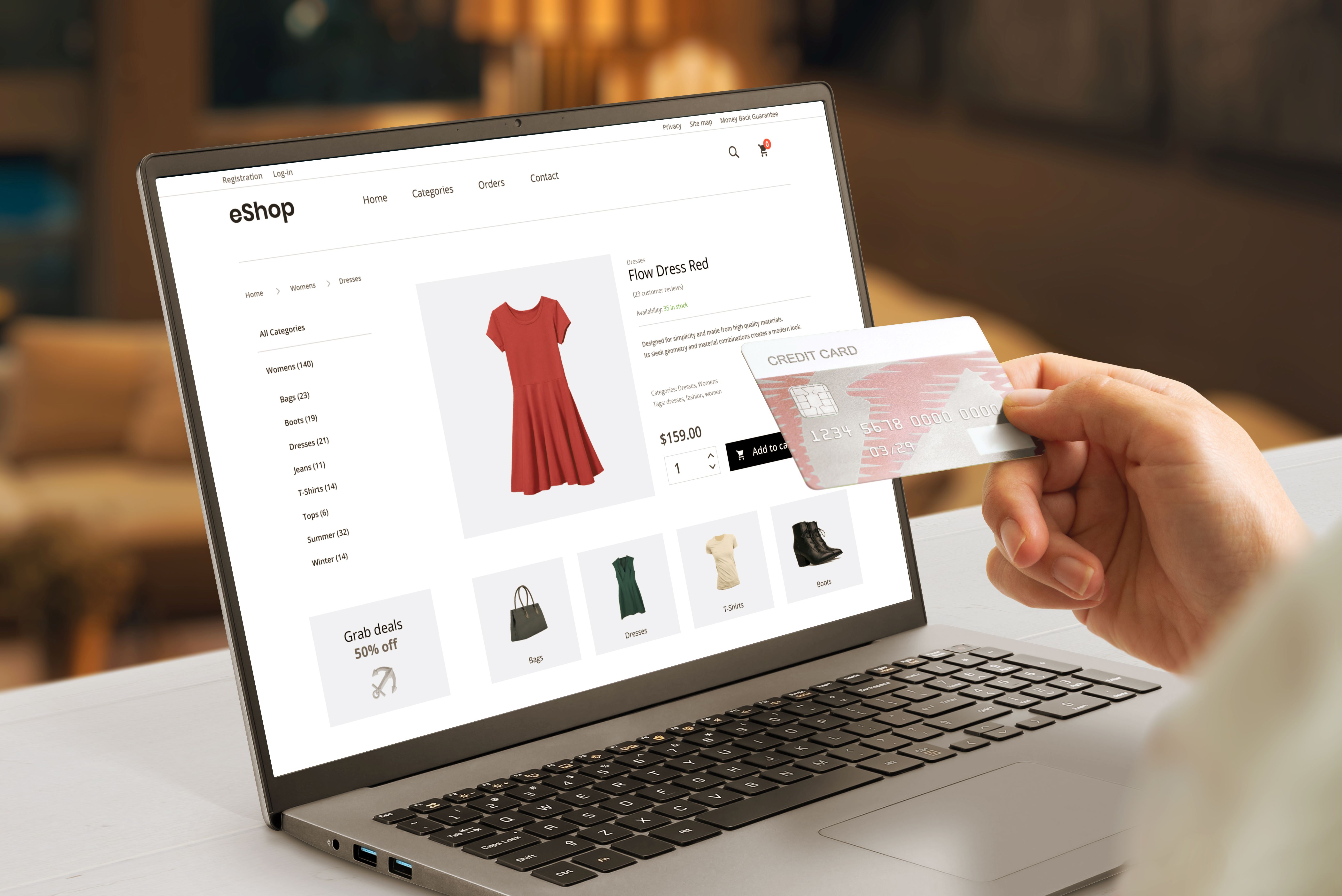
To coincide with the launch of the new E-commerce Trade Commission [link to news story], the IOE&IT Daily Update brings you some of latest developments and trends in global ecommerce, including the next Amazon Prime Day, TikTok’s plans to expand its online selling presence and new EU regulation.
TikTok seeks ecommerce boost
TikTok wants to quadruple the size of its global ecommerce sales to $20bn this year as its advertising business slows, reports Bloomberg. Last year, the platform made about $4.4bn in gross sales.
The Chinese company hopes to export its model to the US where it has 150m users, and has proposed a range of measures to address security concerns raised by politicians in the country, including cordoning off American users’ data and allowing partners to review its technology.
According to Reuters, TikTok faces scrutiny from governments and regulators because of concerns that China could use the app to harvest user data or advance its interests.
TikTok also wants to expand into the EU, as well as markets such as Indonesia.
EU regulation overhaul
Part of the EU’s comprehensive reform of customs rules is expected to significantly impact how businesses sell their goods online, according to one tax expert.
Aleksandra Bal, an indirect tax lead at payment provider Stripe, wrote in Forbes that these “ambitious and comprehensive” changes to the EU Customs Union will see ecommerce platforms given increased responsibility for complying with customs formalities and payment obligations.
Bal added the reforms rely on the concept of the “deemed seller”, effectively designating the platform as the responsible party for paying VAT on any sales.
Accordingly, online platforms will have to make sure correct customs duties and VAT are paid at purchase, so consumers will no longer face hidden charges or unexpected paperwork, according to law firm Pinsent Masons.
The reforms are aimed at simplifying customs reporting requirements for traders and will eliminate the existing €150 threshold on customs duty for goods imported to EU customers.
AI and ecommerce
Forbes also reports the growing use of AI in ecommerce, where the number of companies actively using AI solutions between 2015 and 2019 rose by 270%, according to Gartner.
However, it claims that SMEs have yet to generally be sold on the benefits of AI tools, although many businesses are said to be unaware that tools they have already been using for several years rely heavily on AI.
Common tasks like customer service, management of documentation and data analysis are some of the examples that could be passed over to AI to reduce the risk of errors and save time for businesses.
AI is becoming more necessary just to stay competitive in the retail industry, according to the Ecommerce Times.
The World Economic Forum this year said that “AI services in the retail sector are predicted to increase from $5bn to above $31bn by 2028”.
Prime Day prep
With Amazon Prime Day likely to fall on 11-12 July, sellers are being urged to prepare for the summer sale that saw 300m purchases made last year.
A report by software company Jungle Scout claimed that 68% of consumers are likely to shop on Prime Day.
CNBC points to top tips for companies to maximise the opportunity, including beginning marketing early, making full use of social channels and staying on top of inventory.
Consumers see the event as one of the best chances of the year to bag tech bargains, reports the Independent, with many household name retailers like Amazon and Microsoft offering significant reductions on their most popular items.
ESG and ecommerce
French activists are calling on the government to act against fast fashion site Shein, which they say is encouraging overconsumption and leading to environmental degradation.
The activists also highlight violations of social rights, exploitative working conditions and the use of cotton harvested by forced Uyghur labour.
Measures sought by them include regulating advertising and marketing strategies that promote excessive consumption.
The Chinese company has remained largely silent about such charges in the past but is increasingly going on the offensive as lawmakers probe its supply chains, consider new tariffs and potentially block a rumoured initial public offering of stock (IPO).
Politico reports that the firm has hired lobbyists in Washington DC for the first time and is offering evidence that it says clears the firm of human rights violations related to its cotton supply.



